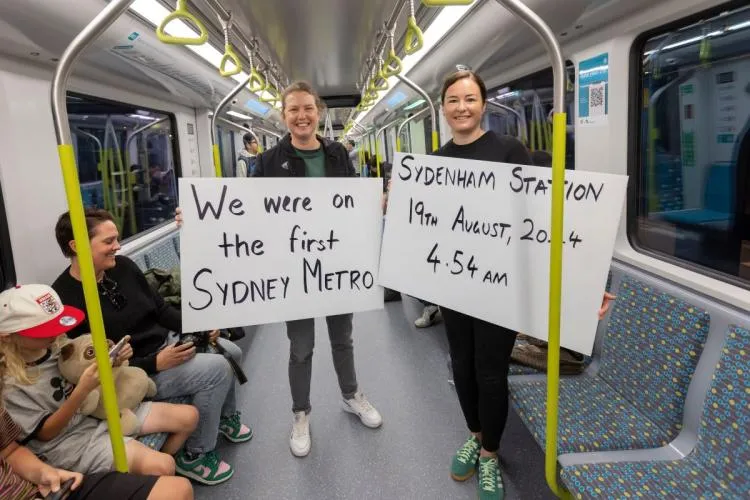A consortium led by Spanish engineering firm CAF and comprising partners Construcciones Ferrovías y Subsistemas, Thales, Corsan-Corvian Construcción, Isolux and Construcciones Urales has been awarded the US$993 million contract for the Mexico City-Toluca railway.
The contract involves the provision of electric trains, rail and communication infrastructure, ticketing facilities and associated services.
The trains will travel at speeds of up to 160km/h along the 57.7 kilometre route between Observatorio
November 27, 2014
Read time: 1 min
A consortium led by Spanish engineering firm CAF and comprising partners Construcciones Ferrovías y Subsistemas, Thales, Corsan-Corvian Construcción, Isolux and Construcciones Urales has been awarded the US$993 million contract for the Mexico City-Toluca railway.
The contract involves the provision of electric trains, rail and communication infrastructure, ticketing facilities and associated services.
The trains will travel at speeds of up to 160km/h along the 57.7 kilometre route between Observatorio in Mexico City and Zinacantepec in Mexico state (Edomex). The line will have four stations and two main terminals, including a stop at Metepec, close to Toluca international airport. The journey will take 39 minutes and is expected to transport 270,000 passengers a day.
The contract involves the provision of electric trains, rail and communication infrastructure, ticketing facilities and associated services.
The trains will travel at speeds of up to 160km/h along the 57.7 kilometre route between Observatorio in Mexico City and Zinacantepec in Mexico state (Edomex). The line will have four stations and two main terminals, including a stop at Metepec, close to Toluca international airport. The journey will take 39 minutes and is expected to transport 270,000 passengers a day.







